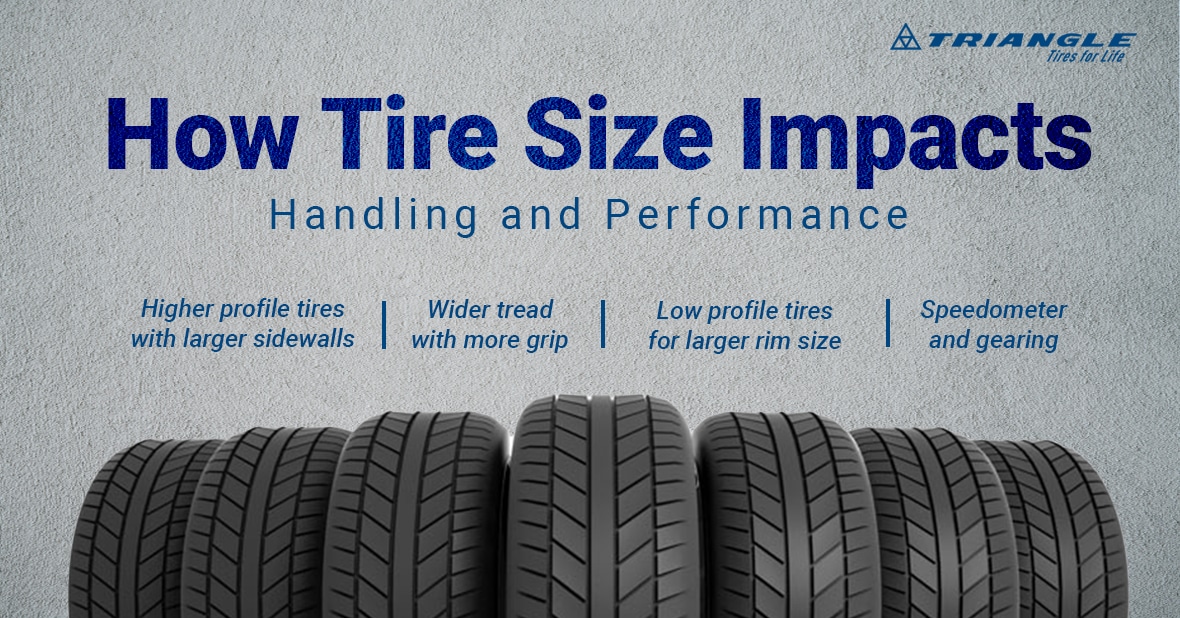
Different factors, including condition, suspension system, and engine type, affect vehicle handling and performance. Another important factor is the tires installed on them. Size is a critical specification vehicle owners need to consider when thinking about handling and performance.
Tires are a vehicle’s only contact with the surface they drive on; they won’t run without them. They are also the only way to lay down vehicle road performance. While performance is subjective because it covers multiple driving and riding aspects, it’s always a top priority for most vehicle owners.
Your vehicle manufacturer provides the standard tire size, and you can opt to upsize or downsize for whatever purpose you like. However, you should know the impact of tire size on handling and performance before doing so.
Wider tread with more grip
Choosing to drive with larger tires may mean wider treads, which also come with having larger contact patches, and increased surface grip. Tires with wider treads will let you accelerate or brake faster and carry more speed through the corners. However, the extra grip also means your vehicle will spend more to overcome additional friction forces, lowering fuel economy.
Higher profile tires with larger sidewalls
Installing tires with larger sidewalls will offer a better cushioning effect. However, those tires lack cornering grip as cornering forces overstress them. Higher profile tires also have increased tire radius, which will drop the performance of a smaller engine due to the reduction in the torque transferred to the road.
Low profile tires for larger rim size
You will have to drive with low-profile tires if you opt for a larger rim size to manage the overall wheel size. They offer excellent cornering performance due to the short sidewalls with more stiffness and a flat tread with a wider contact patch. However, they result in a more jittery ride because any road surface imperfection will be transferred unfiltered to the suspension.
Speedometer and gearing
Changing the tire size also affects other systems in your vehicle, so they should be reconfigured accordingly if you change tire and wheel size. For instance, a car’s speedometer and gearing are finely tuned to wheel and tire size. Thus, you should consult an expert before resizing to ensure that the change won’t hamper suspension, transmission, and brake systems.
Think before resizing your vehicle tires because it could alter handling and performance. Instead of resizing, consider buying tires of the same size from a reliable provider like Triangle Tires. We have tires for passenger cars, trucks, and heavy construction equipment capable of providing optimal handling and performance.